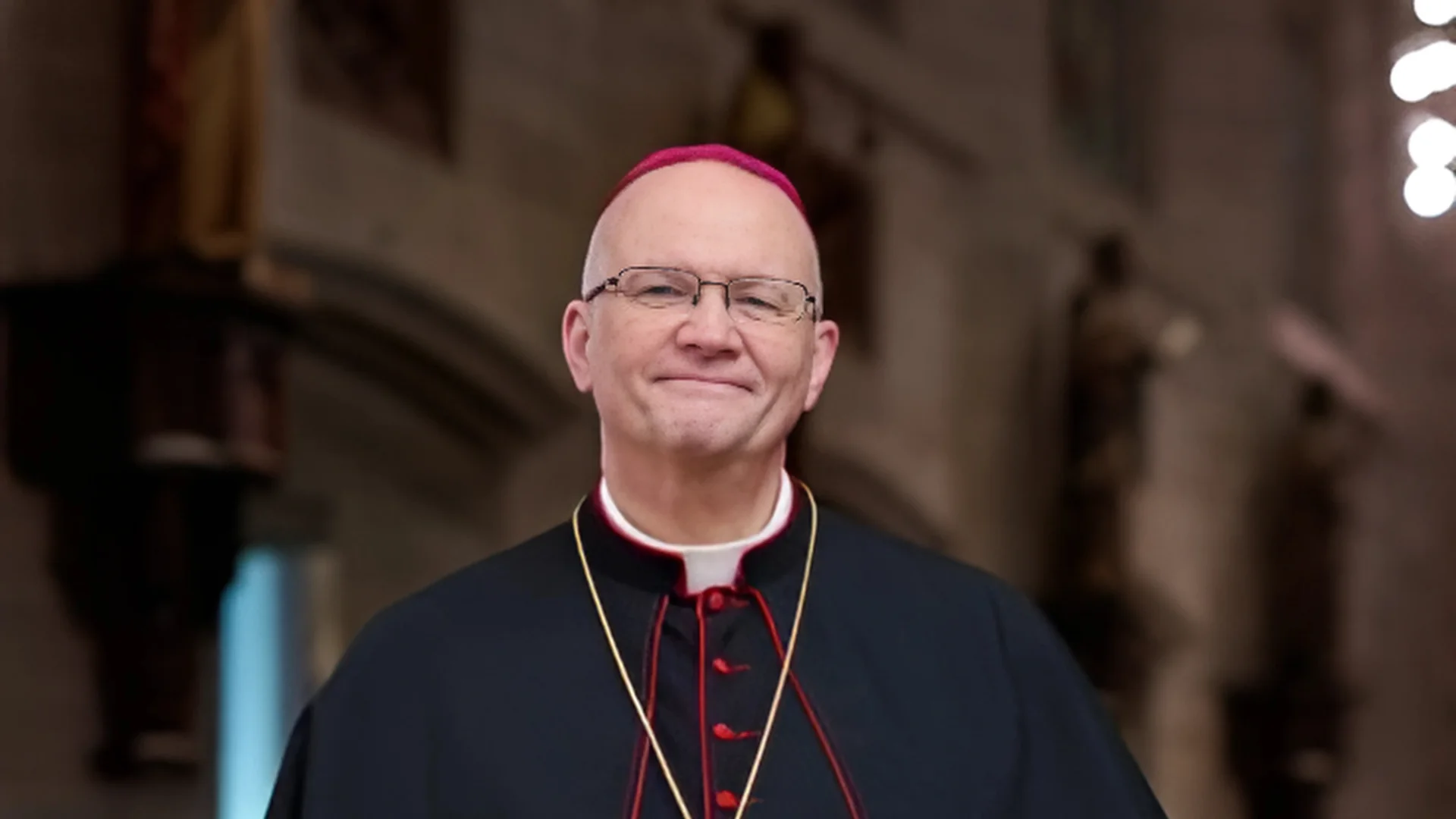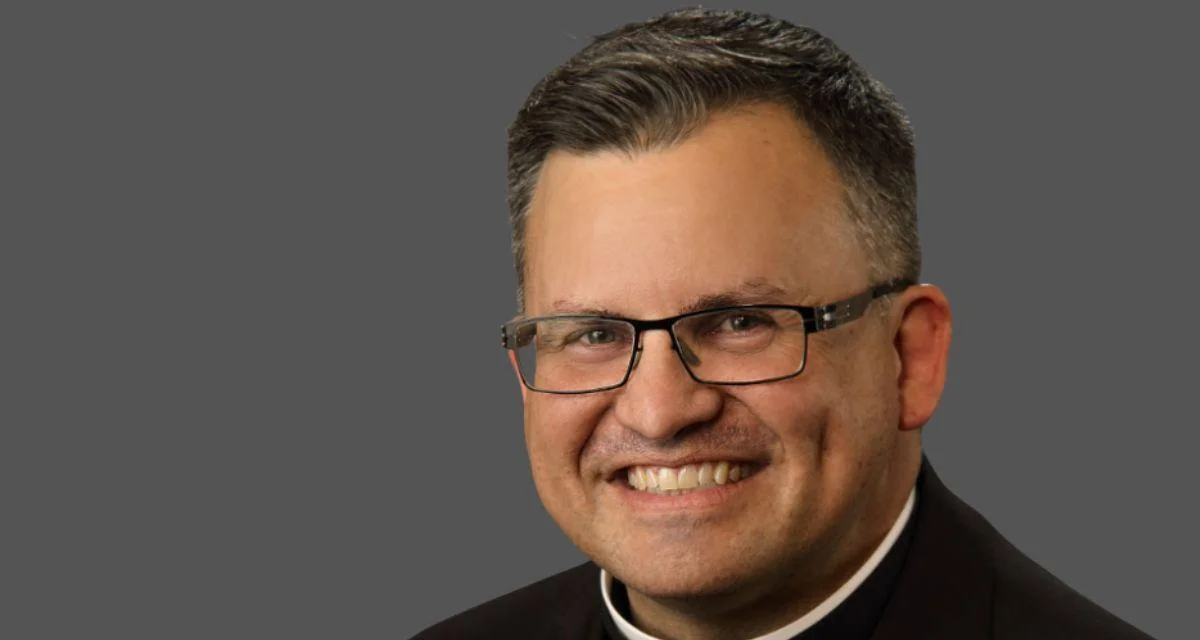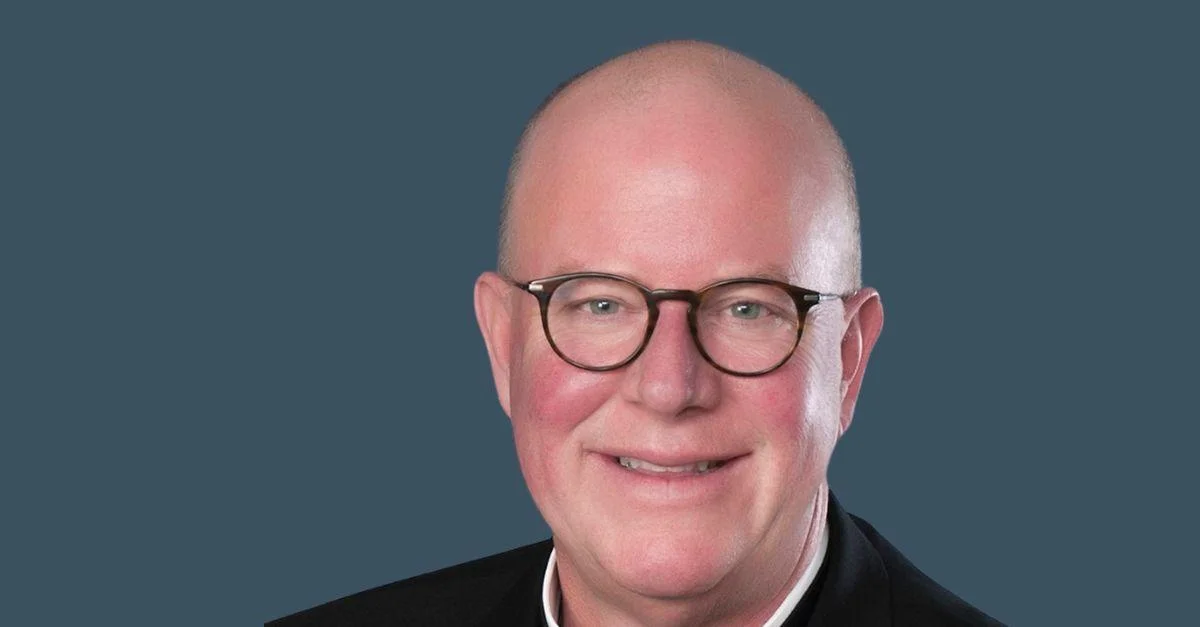
Rev. James D. Conley, D.D., S.T.L. | Diocese of Lincoln website
As Lent approaches, Catholics are encouraged to deepen their faith through various rituals and sacrifices. However, for those dealing with scrupulosity, a form of obsessive-compulsive disorder (OCD) focused on religious or moral concerns, this period can be challenging.
Dr. Natalie Brei explains that scrupulosity involves excessive fear of sinning or offending God, leading to anxiety and compulsive behaviors such as frequent confessions or repeated prayers. She notes that "while attention to detail helps with proper examination of conscience, religious scrupulosity is much more intense, excessive, distressing, and interfering."
Scrupulosity can affect individuals across different faiths and even non-religious people. The disorder often causes individuals to assign undue importance to self-imposed rules beyond religious teachings. For example, some may fear blasphemy from minor actions like turning their back on religious symbols.
Education alone is insufficient to address scruples because OCD resists simple reassurances. Dr. Brei describes the experience as having "someone reaching into your brain and turning up the volume on self-doubt," making it difficult for sufferers to accept reassurance.
Scrupulosity has genetic components and can worsen without treatment. It is considered one of the top 10 most debilitating conditions by the World Health Organization. Treatment options include Exposure and Response Prevention (ERP), which involves gradually facing feared situations while using effective coping strategies.
Another approach is Acceptance and Commitment Therapy, which encourages tolerance of feared situations and cognitive defusion—viewing obsessive thoughts as mere "brain glitches." Spiritual coping strategies also play a role in managing scrupulosity.
Family and friends can support by encouraging gradual exposure therapy rather than engaging in constant reassurance, which may reinforce rituals.
Dr. Brei emphasizes that overcoming scrupulosity requires self-compassion and understanding that one's relationship with God remains intact despite intrusive thoughts. Resources such as Scrupulous Anonymous and 'The OCD Workbook' by Hyman and Pedrick are recommended for further support.





 Alerts Sign-up
Alerts Sign-up